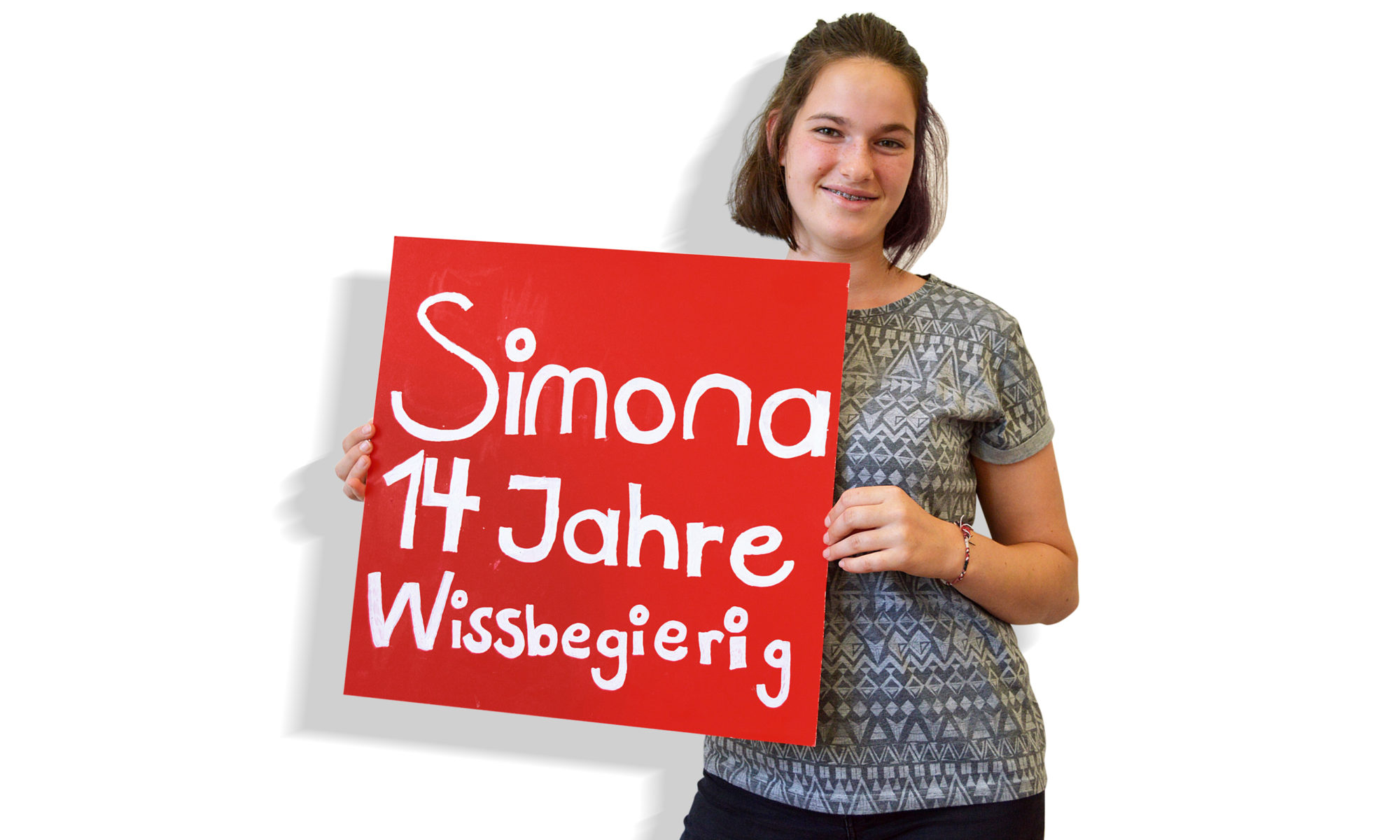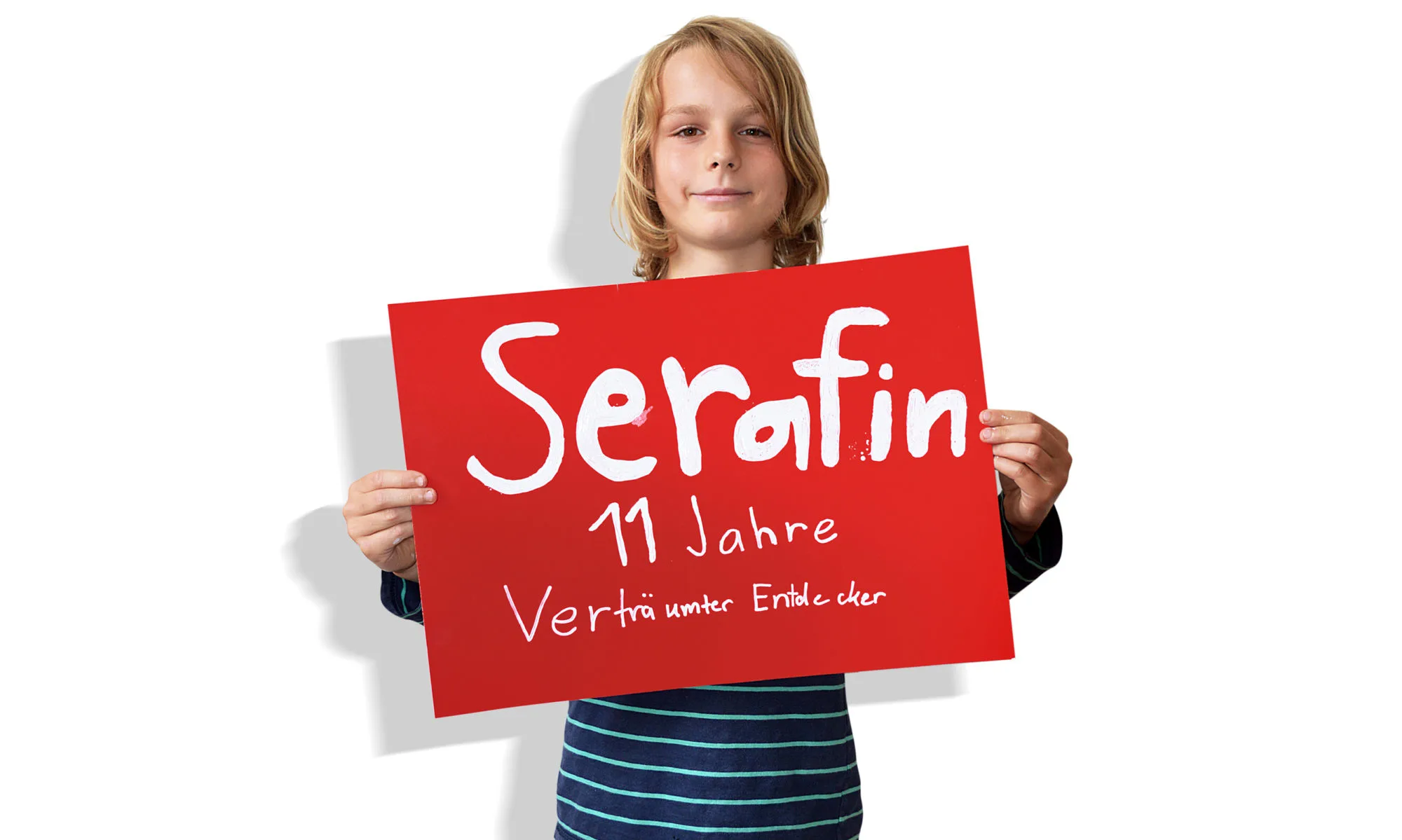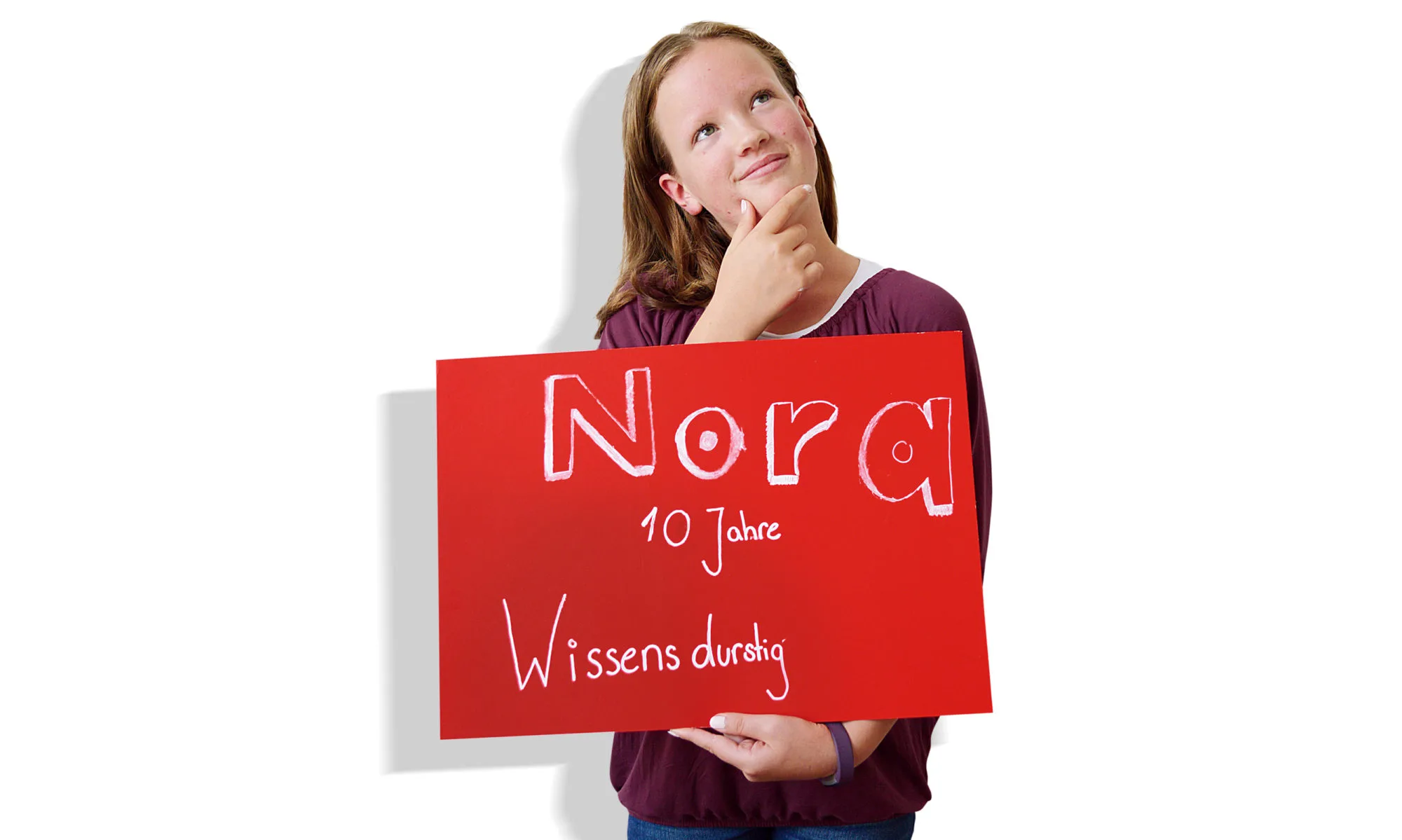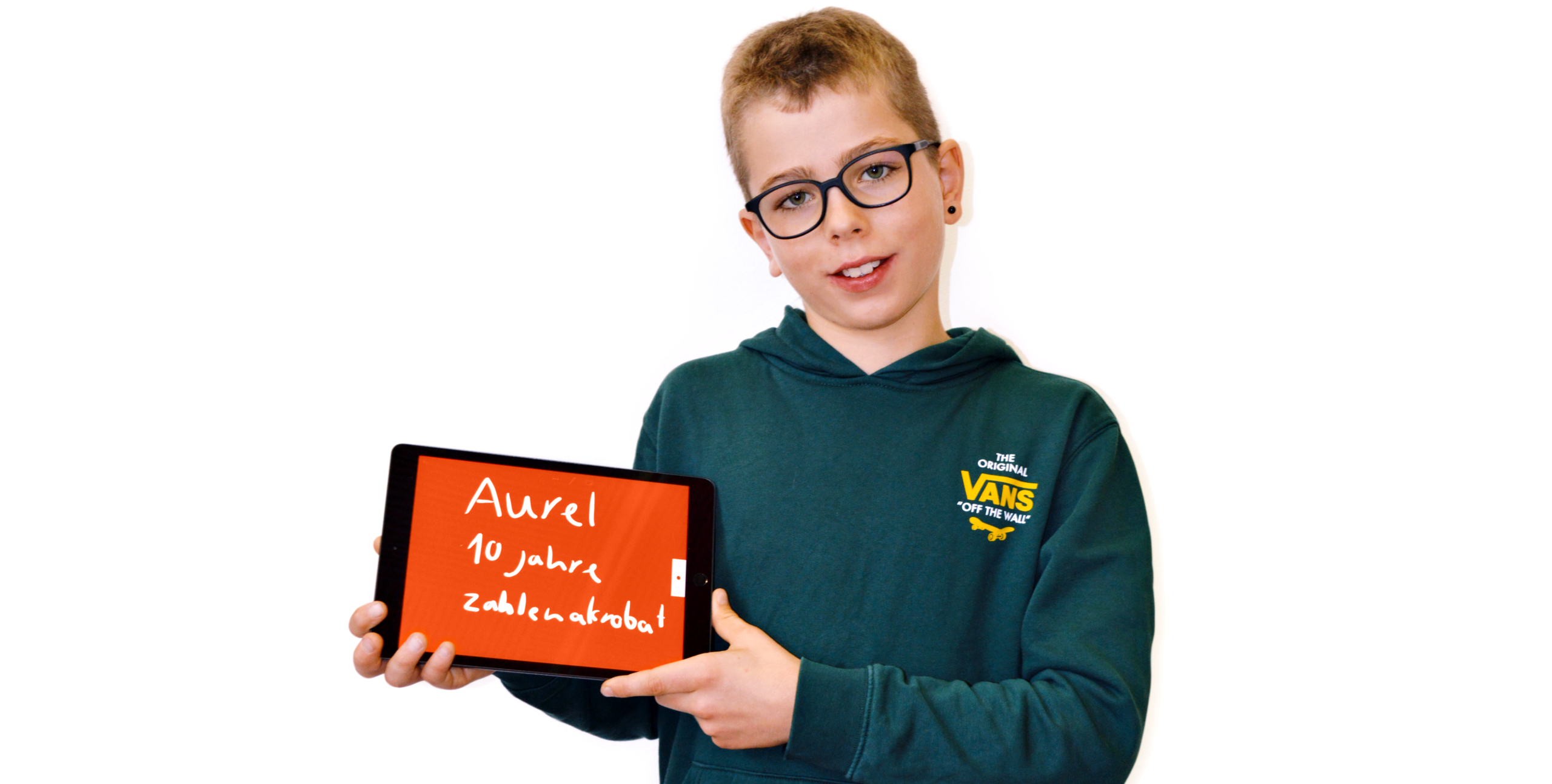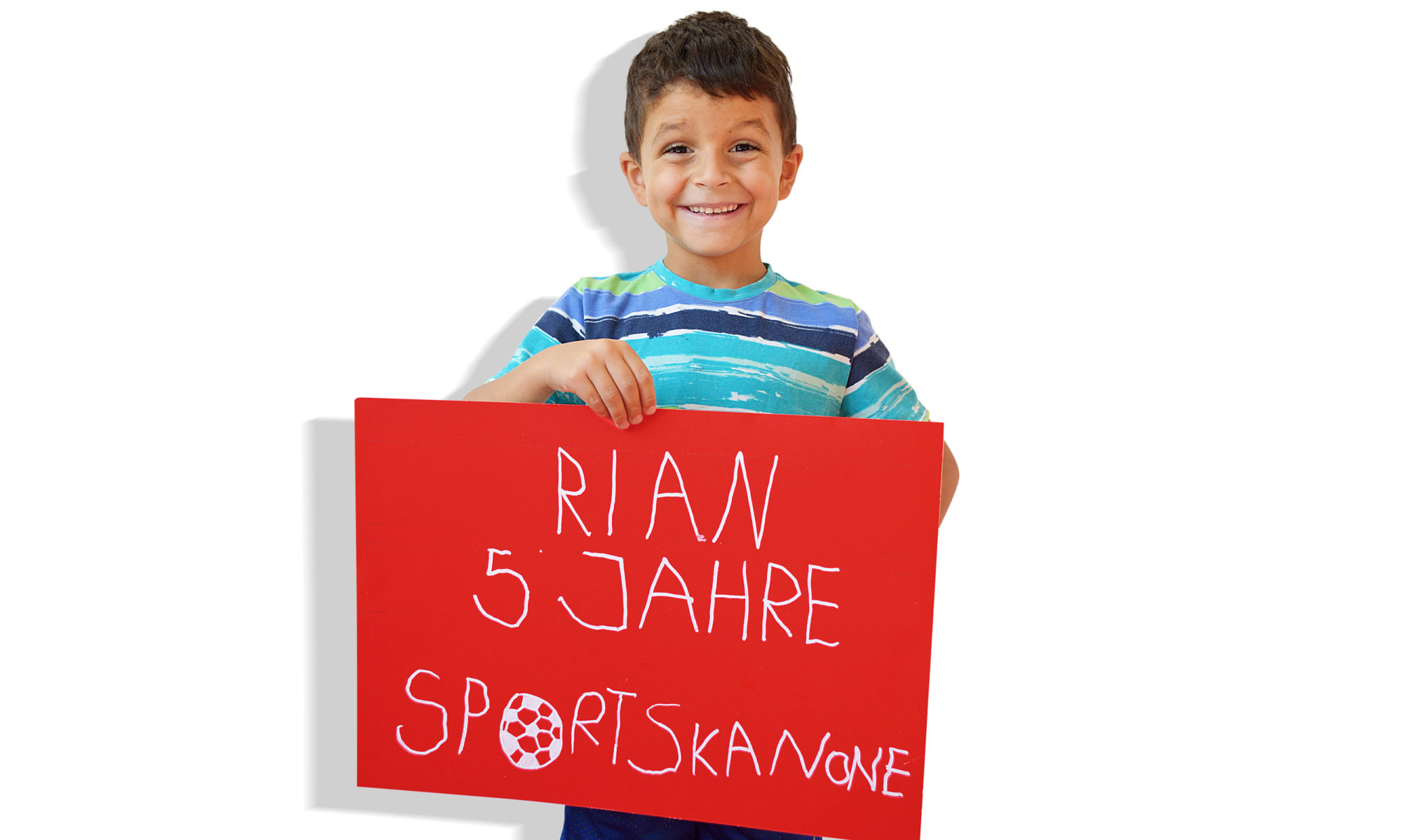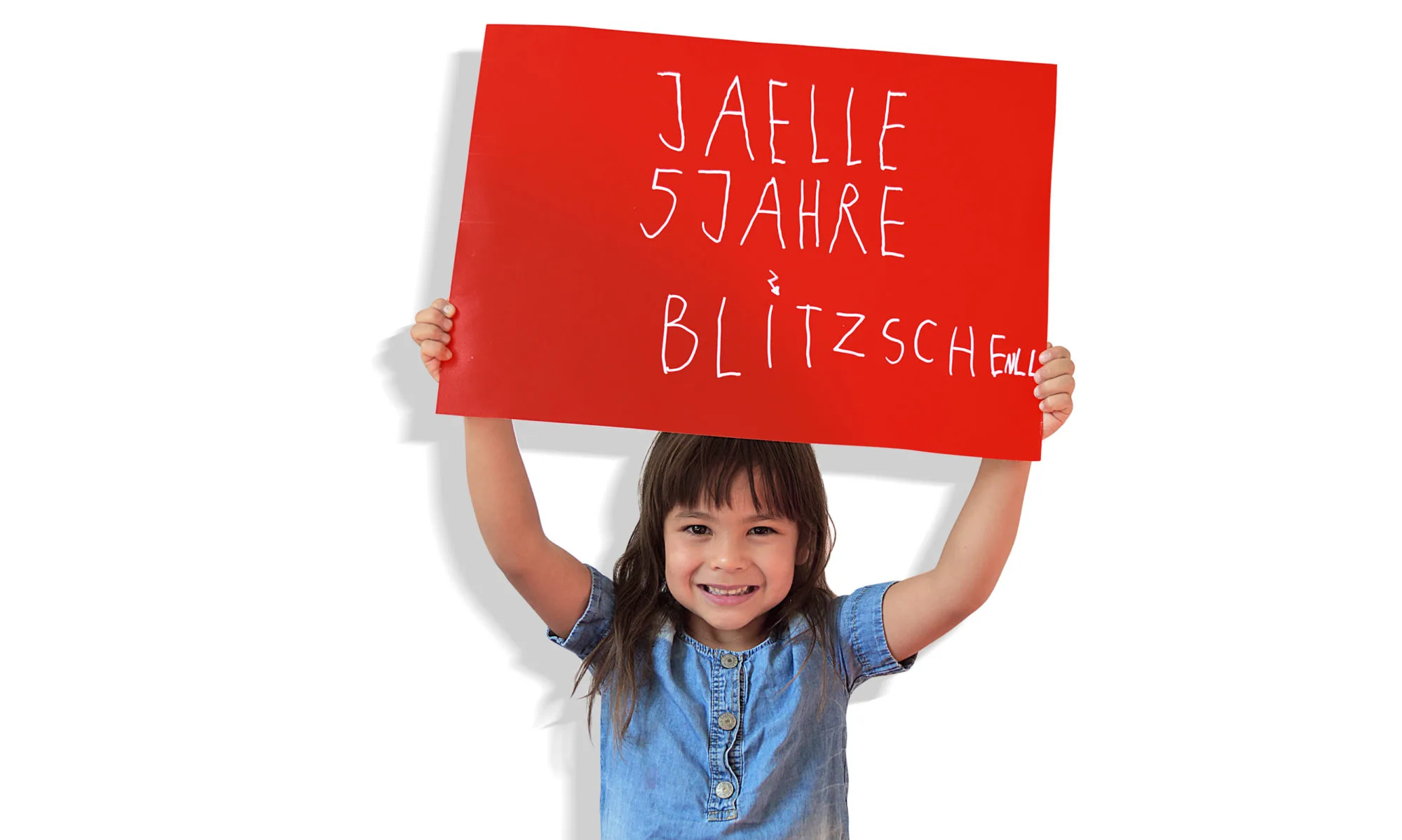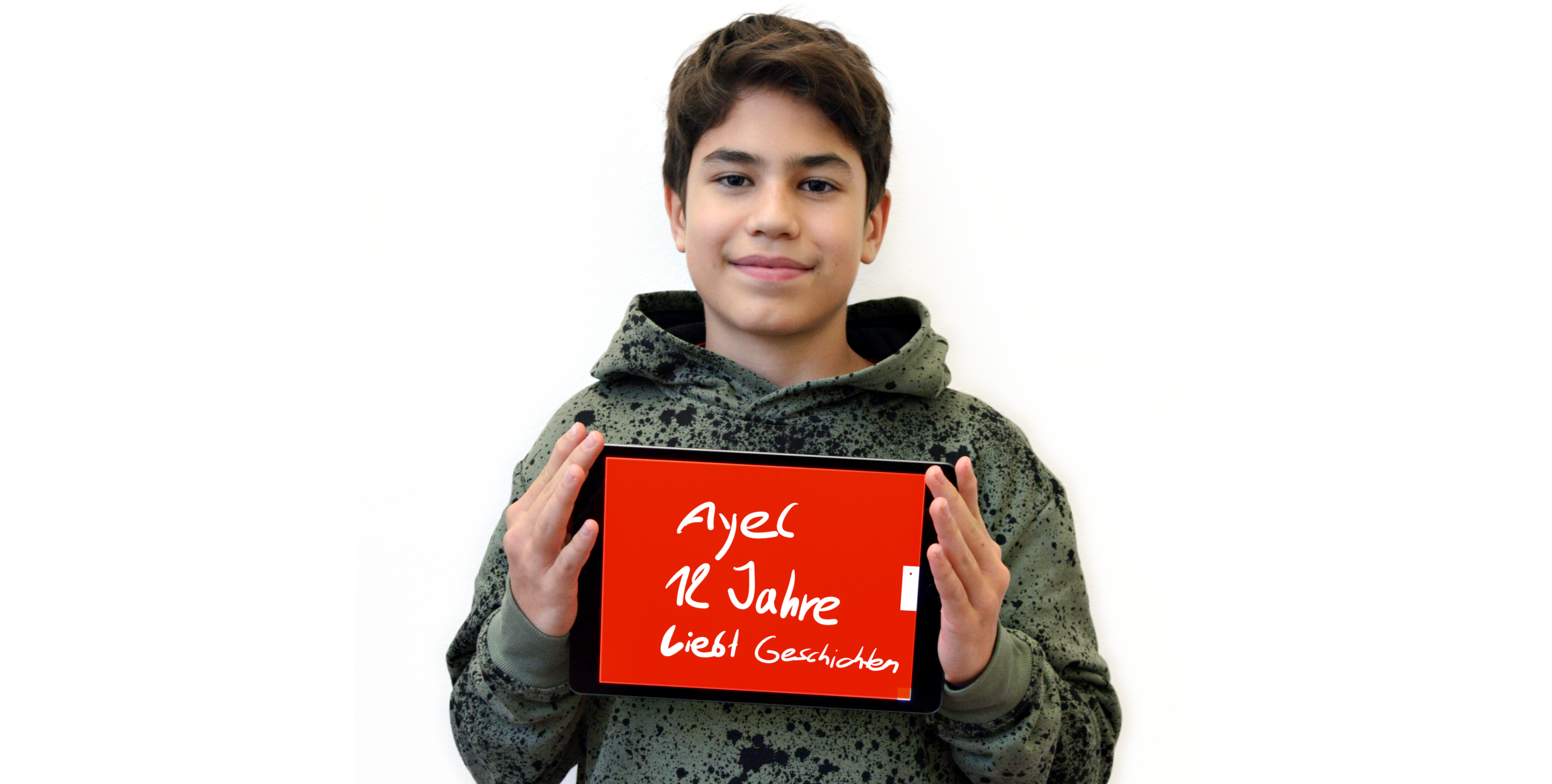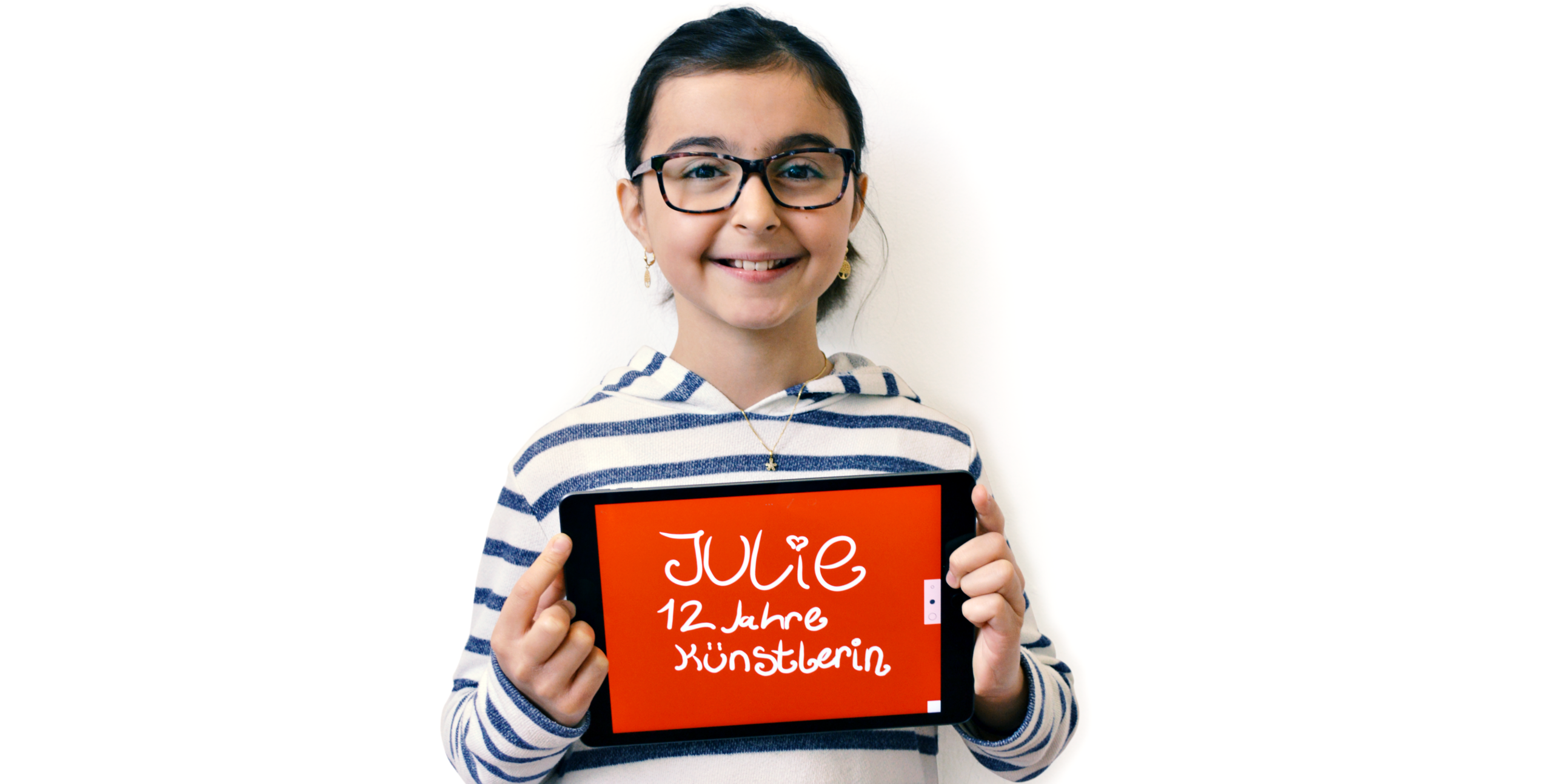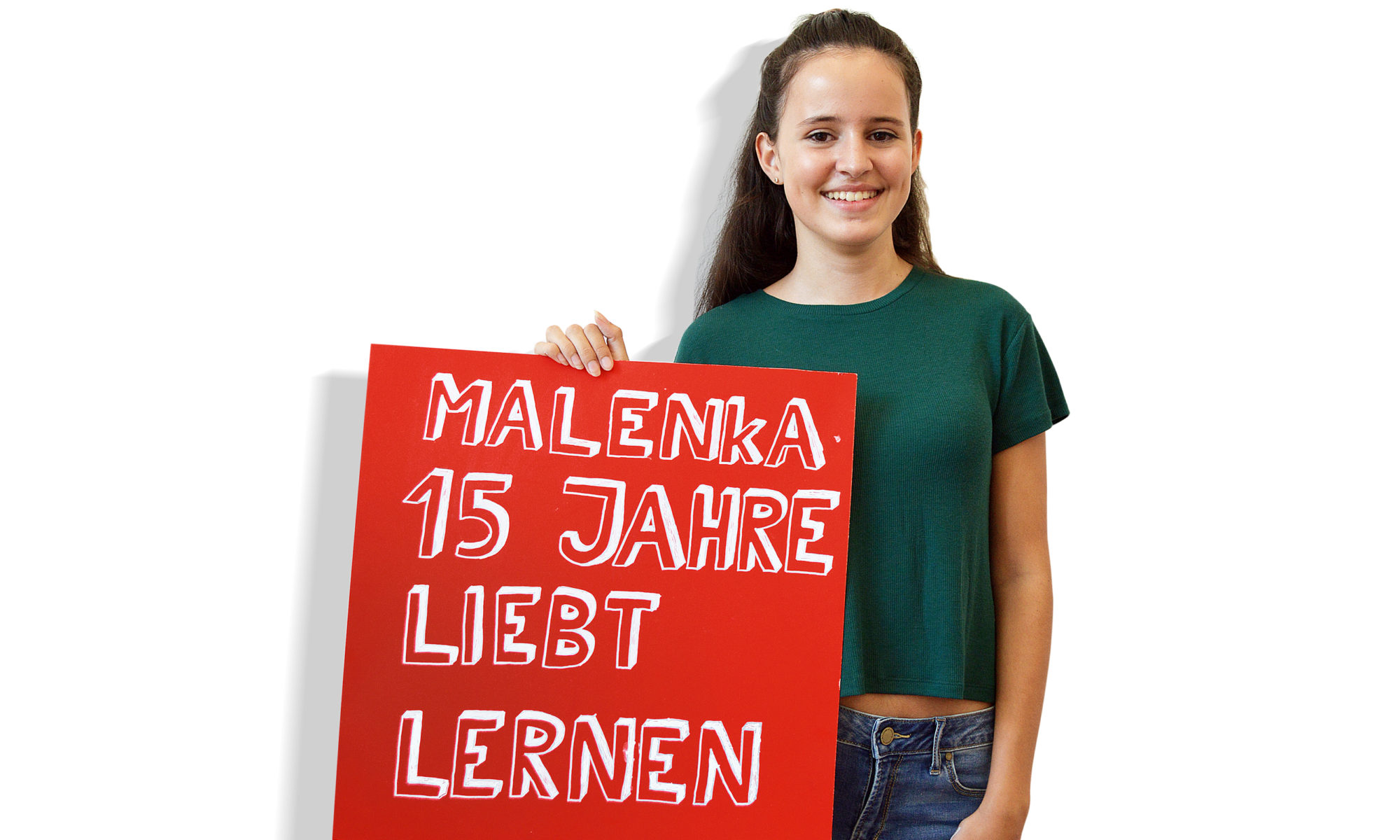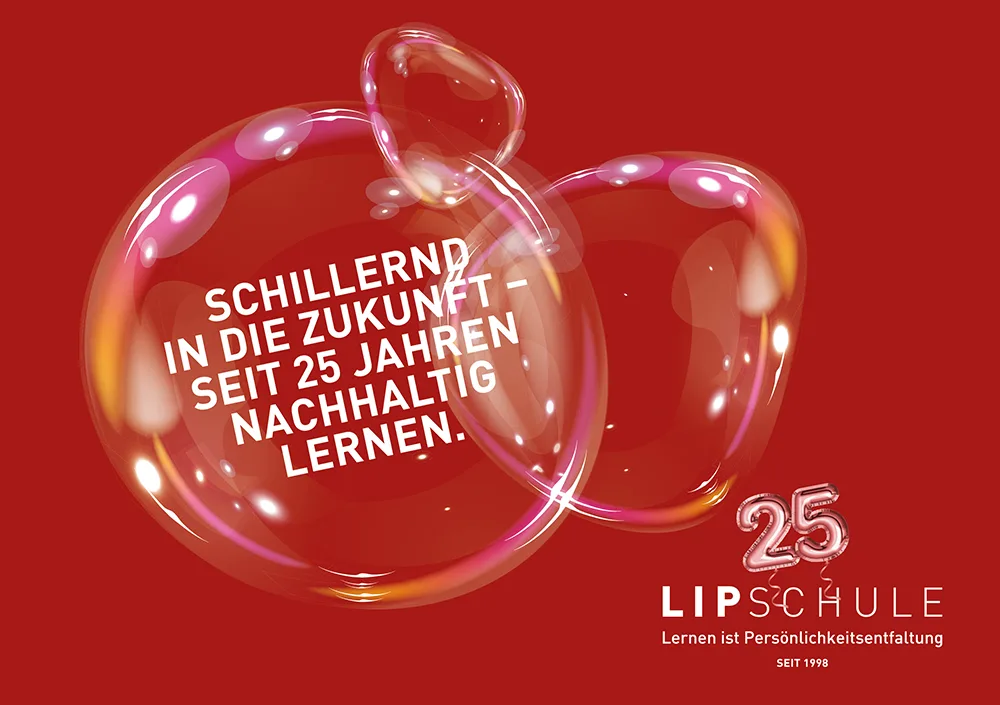A day in Cycle 2 at LIPSCHULE
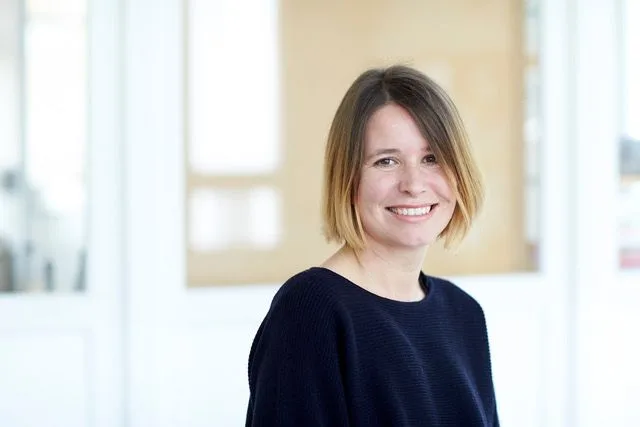
In Cycle 2, the teachers lay the foundations for the students also being able to cope with the challenges they will face in the future. But what does this mean in specific terms for everyday school life? We asked Tanja Steinlin, who is a teacher and pedagogic co-supervisor for this cycle.
Tanja Steinlin, what is a typical day like in Cycle 2?
LIPSCHULE’s doors open at 7.30 a.m., and my working day starts with our “arrival period”. It’s important to know that some of the children and young people have a long journey to school, which they make on their own using public transport. They arrive here between 7.30 and 8.30 a.m. Our learning hall offers various options to occupy them. Music is playing in the background, and I sit at our big group table in the middle of the room. Students come over, say hello, sometimes tell me about their day so far and then start their daily plan, which often includes training units. Other teachers or staff also sit at the table sometimes, and conversations start between the children and adults. During the course of the rest of the morning, I help the students with their weekly schedule. The learning agenda creates a lot of opportunities for discussion for us. There’s also room for input sequences in different subject areas. In the break, I go to the lake with the children, and we eat lunch together. Afterwards, there’s a short rest period in the learning hall, which the students mostly use to read or draw. This gives me the opportunity to talk to the children individually. In the afternoon, I do pedagogical school administration tasks. These include talking to interested parents and their children. After school finishes at 3.45 p.m., there is also a weekly team meeting. Discussions with parents often happen at this time, or I get ready for the next day and speak to specialists on the phone.
What do you like best?
The days vary a lot, and there are many opportunities to build up a relationship with the children. Not only in the subject areas, but in overarching areas, too. LIPSCHULE’s students are children and young people aged between 3 and 16 years, so the daily routine can differ greatly and there is a lot of variety
What do you enjoy less?
There are a lot of demands on my time once I’m on the LIPSCHULE premises. I spend the whole day with the children – some days are very intensive. Constantly having a lot of people around you can be really tiring. So you need strategies to help you include time to relax in your day.
How does LIPSCHULE differ from a public school?
As a teacher, the rhythm and structure at LIPSCHULE offer me more latitude and freedom than I would have in a public school. There are opportunities for one-to-one discussions; I can take time for individual children. And there’s also room to be spontaneous. As well as bringing together many different types of learning, the large learning hall is also a refuge for our students.
<<<
